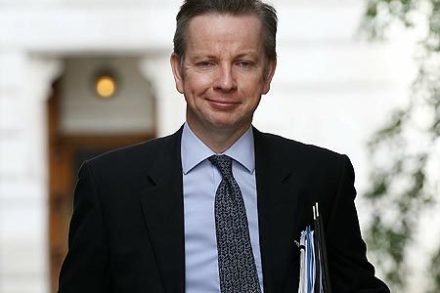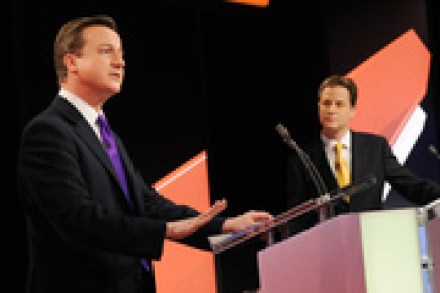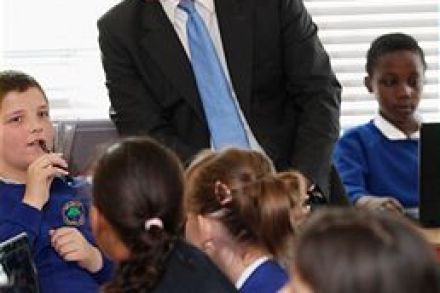Gove the bully?
There has been a telling development in the resistance against ‘free schools’ this morning. The Evening Standard reports that Brian Lloyd, the headmaster of a school in Bromley, claims he is being ‘bullied’ by Michael Gove into adopting academy status. In a matter of weeks then, Gove has morphed from ‘miserable pipsqueak’ into Judd Nelson in The Breakfast Club – an odd transformation even in caricature. But depicting Gove’s schools revolution as the agent of draconian central government is a cunning ploy by local education establishments. However, test Lloyd’s case and the real picture emerges. Hundreds of parents have contacted the Harris Federation, an academy provider, to terminate Lloyd’s



















